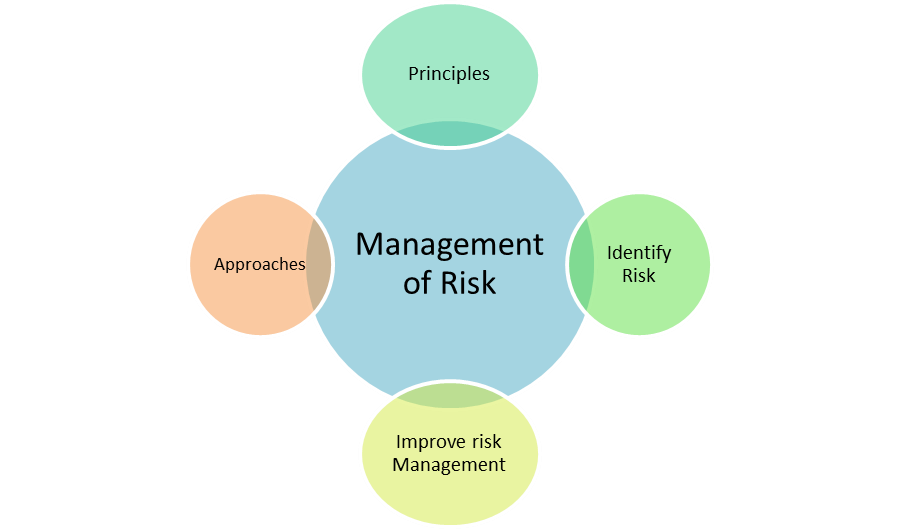Coventry is a metropolitan area in the West Midlands, England. Historically part of Warwickshire, Coventry is the 9th largest city in England and the 12th largest in the United Kingdom. It is the second largest city in the West Midlands region, after Birmingham, with a populace of 345,385 in 2015. Coventry is 95 much north-west of central London, 19 miles east-south-east of Birmingham, 24 miles south-west of Leicester and 11 miles north of Warwick. Coventry Cathedral was constructed after the annihilation of the 14th-century cathedral church of Saint Michael by the German Luftwaffe in the Coventry Blitz of 14 November 1940. Coventry motor companies have donated meaningfully to the British motor industry. The city has two universities, Coventry University in the City Centre and the University of Warwick on the southern outskirts.
Areas of Interest:
Cathedral:
St. Michael's Church is Coventry's best-known landmark and visitor place. The 14th-century church was hugely demolished by German bombing during the Second World War, part only the outer walls and spire. At 300 feet above, the spire of St. Michael's is appealed to be the third tallest church spire in England, after Salisbury and Norwich. Due to the architectural design, it lived the destruction of the rest of the cathedral. The new Coventry Cathedral was opened in 1962 next to the ruins of the old. It was reproduced by Sir Basil Spence. The cathedral covers the tapestry Christ in Glory by Graham Sutherland.
Cultural Institution:
The Herbert Art Gallery and Museum is one of the largest cultural organisations in Coventry. Another visitor attraction in the City Centre is the Coventry Transport Museum, which has the main group of British-made road vehicles in the world. The museum established a refurbishment in 2004 which comprised the creation of a new arrival as part of the city's Phoenix Initiative project. It was a finalist for the 2005 Gulbenkian Prize. About four miles from the City Centre and just outside Coventry in Baginton is the Lunt Fort, a reconstructed Roman fort on its original site. The Midland Air Museum is located just within the border of Coventry on land head-to-head to Coventry Airport and near Baginton.
Red Major Improvements endure renewing the City Centre. The Phoenix Initiative, which was deliberated by MJP Architects, stretched the final shortlist for the 2004 RIBA Stirling Prize and has now gained a total of 16 separate awards. It was available in the book ‘Phoenix: Architecture/Art/Regeneration' in 2004. Further major developments are potentially afoot, chiefly the Swanswell Project, which is envisioned to deepen Swanswell Pool and link it to Coventry Canal Basin, joined with the creation of an urban marina and a wide Parisian-style avenue. A possible second phase of the Phoenix Inventiveness is also in the offing, though both of these plans are still on the drawing-board. On 16 December 2007, IKEA's first city-centre store in the UK was opened, in Coventry.

 ENQUIRE
ENQUIRE
 REQUEST CALLBACK
REQUEST CALLBACK
 GET A FREE QUOTE
GET A FREE QUOTE


 Introduction
Introduction Course Details
Course Details Course Content
Course Content






 London
London